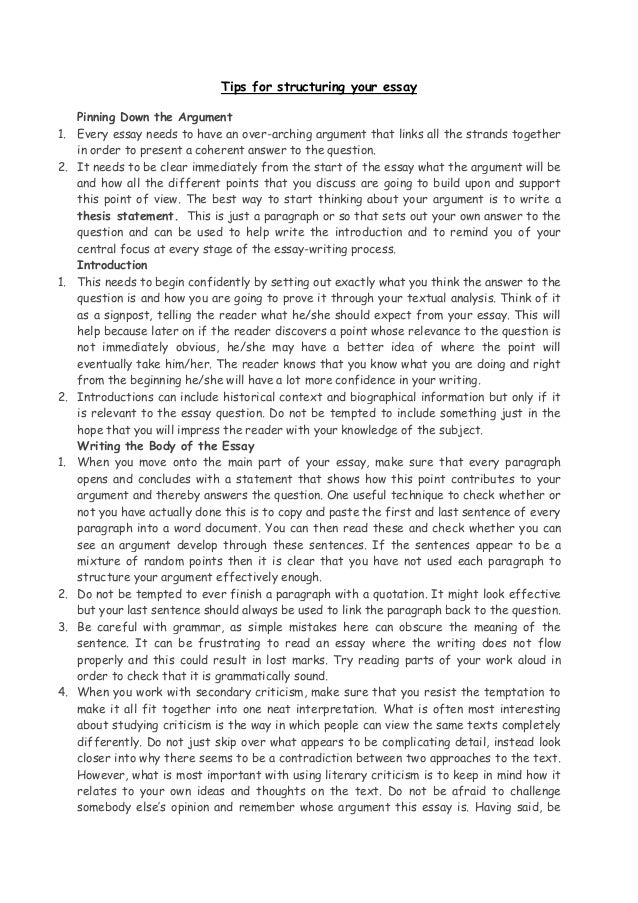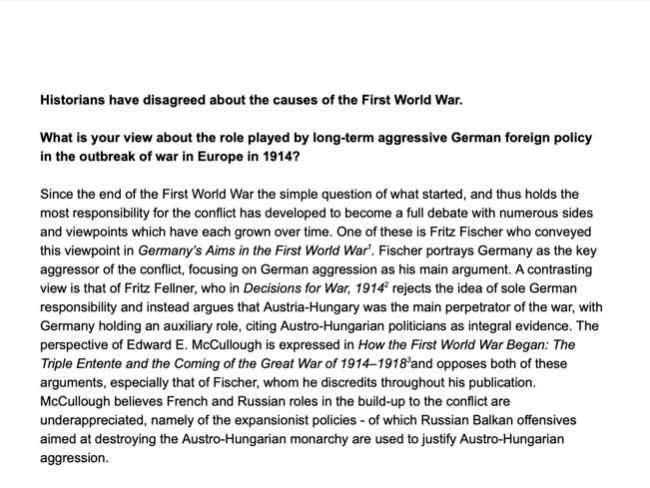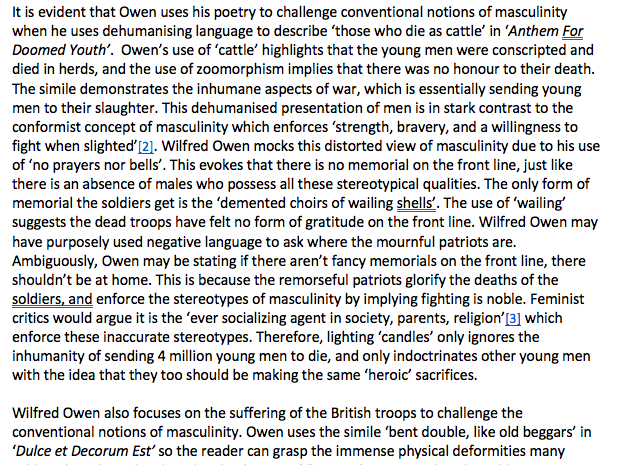There are several ways to write a commentary in English language coursework, but the most effective way to do so is to use the words style, tone, and purpose to create a coherent piece. It’s also important to choose the form and subject matter that will fit the purpose of your commentary. Speole is another important term for a commentary, as it refers to specific words or parts of a passage.
Highlighting words that feel important in the text
Students often make the mistake of highlighting too much, but this is actually counterproductive. The problem with highlighting too much is that it becomes difficult to pick out the key points of the reading when reviewing it. Less is more, and the quality of your learning depends on the level of your highlighting. Generally, students should highlight only 15 to 25% of their reading. Highlighting should only be used to mark important ideas, key terms, and concepts.
Using a form with which you are familiar
In writing a commentary, there are no set rules, but there are some common guidelines to follow. You should start your piece by introducing the main structural and thematic elements of the passage. Then, explain how the passage relates to the style model. Once you’ve completed your commentary, check it for spelling, grammar, and punctuation errors. You can even use a spellcheck function on your computer program.
A good rule to follow when writing a commentary is to stick to a form that you’re already familiar with. If you’ve already read a work of literature, for example, you may already be familiar with the tone and form. You can use those familiar characteristics to create an engaging commentary on a passage. Then, reference your form model and compare it to the original piece to demonstrate your understanding.
While writing a commentary, keep in mind that your form should reflect the context. The context of the work of literature will influence your choice of lexis, grammar, style, and form. Make sure to keep in mind the purpose of your commentary. You can write a commentary on a short piece of fiction to demonstrate your knowledge of a specific subject, or you can write about a popular topic.
Commentary essays are used widely in academic institutions. Commentary essays analyze a subject, in order to encourage students to apply critical thinking. The Purdue University Fort Wayne ENG W131 course, for example, relies on commentary essays to help students understand the subject more deeply. A commentary essay can also be an official commentary, and it can help them develop a strong stance on a particular subject.
Using a subject on which you are well-informed
When writing a commentary for an essay, stick to a subject or form that you are familiar with. Choose a subject that you have knowledge of or that you have learned about through another taught course. You don’t have time to learn a new subject or form, so use one that you know more about. Here are some examples of good commentary subjects.
When writing a commentary, you should start with the introduction. Summarize your arguments and point out the main structural aspects of the text. Once you have introduced the key themes and structure of the text, you can move on to discuss how the passage applies to your work. Make sure that you include a link between the main themes and the structure of the piece.




